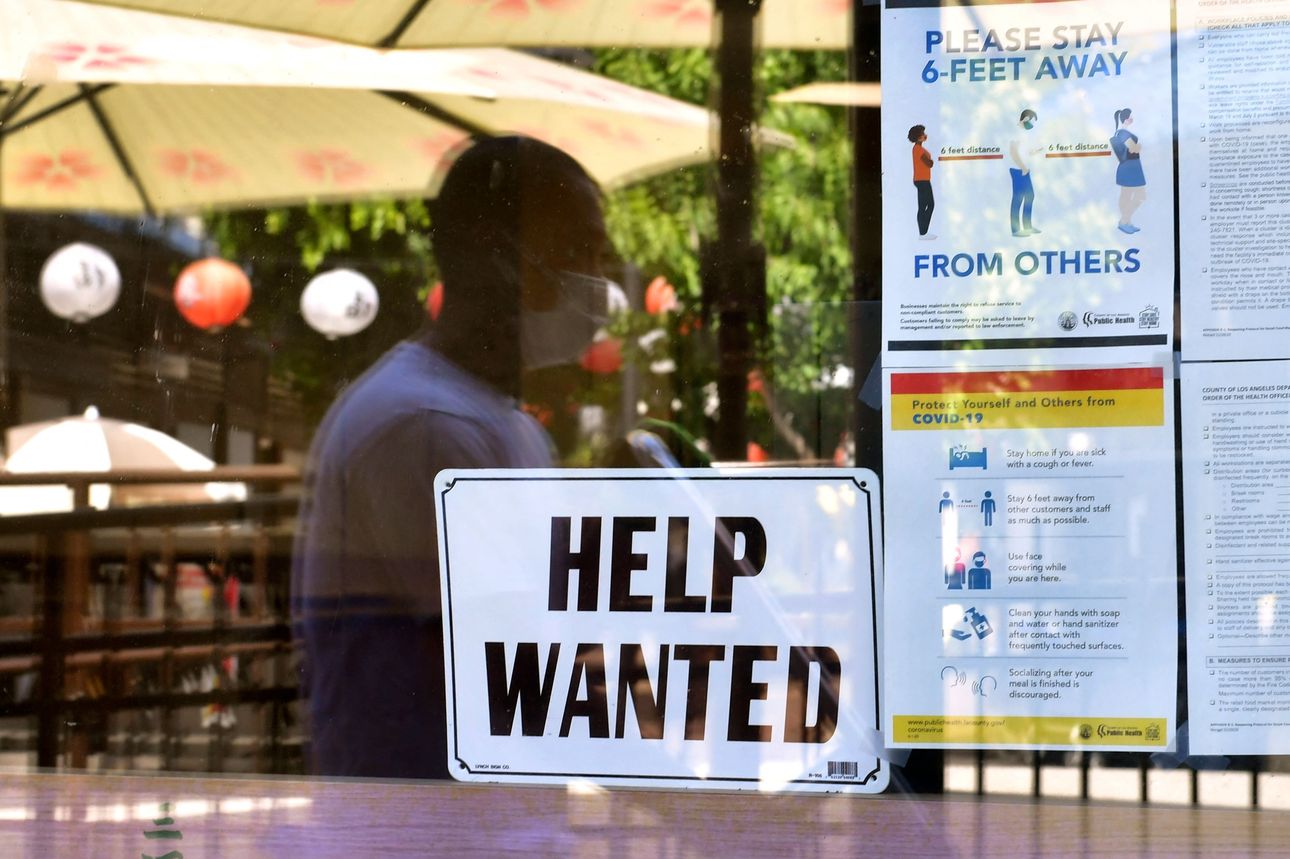Kerby Anderson
Senator Joe Manchin sees the irony. “We have 11 million jobs that we haven’t filled, 8 million still unemployed. Something’s not matching up here.” Good, high-paying jobs are going unfilled. The National Federation of Independent Business did a survey of small business owners and found that half of them (50%) reported job openings that could not be filled. That is a 48-year record high.
We all know what happens if you pay people not to work. But the problem is more complex than that. The $300 weekly federal unemployment insurance bonus expired last month. Some economists estimate that might lead to another million job gains. But in August there were 5.3 million fewer jobs than when the pandemic began.
Concerns about the virus may be one reason some aren’t looking for work. But it may also be that more Americans got used to not working during the lockdown. In my most recent booklet on A Biblical View on Work, I suggest that the decline of a Christian worldview has also led to a decline of the work ethic.
While it is tempting to say that Americans who aren’t working are merely lazy, they are also rational. An economist at the University of Chicago found that when counting ALL government benefits, a family of four in high welfare benefit states such as New York and Connecticut and with two unemployed parents can receive up to $100,000 in government assistance. That may be an extreme example, but it illustrates why we find unfilled jobs in trucking, manufacturing, and business services. These are high paying jobs, but they must compete with generous government benefits along with COVID-19 concerns.
This year Americans should be working hard, but millions apparently are hardly working.
 Listen Online
Listen Online Watch Online
Watch Online Find a Station in Your Area
Find a Station in Your Area










 Listen Now
Listen Now Watch Online
Watch Online
